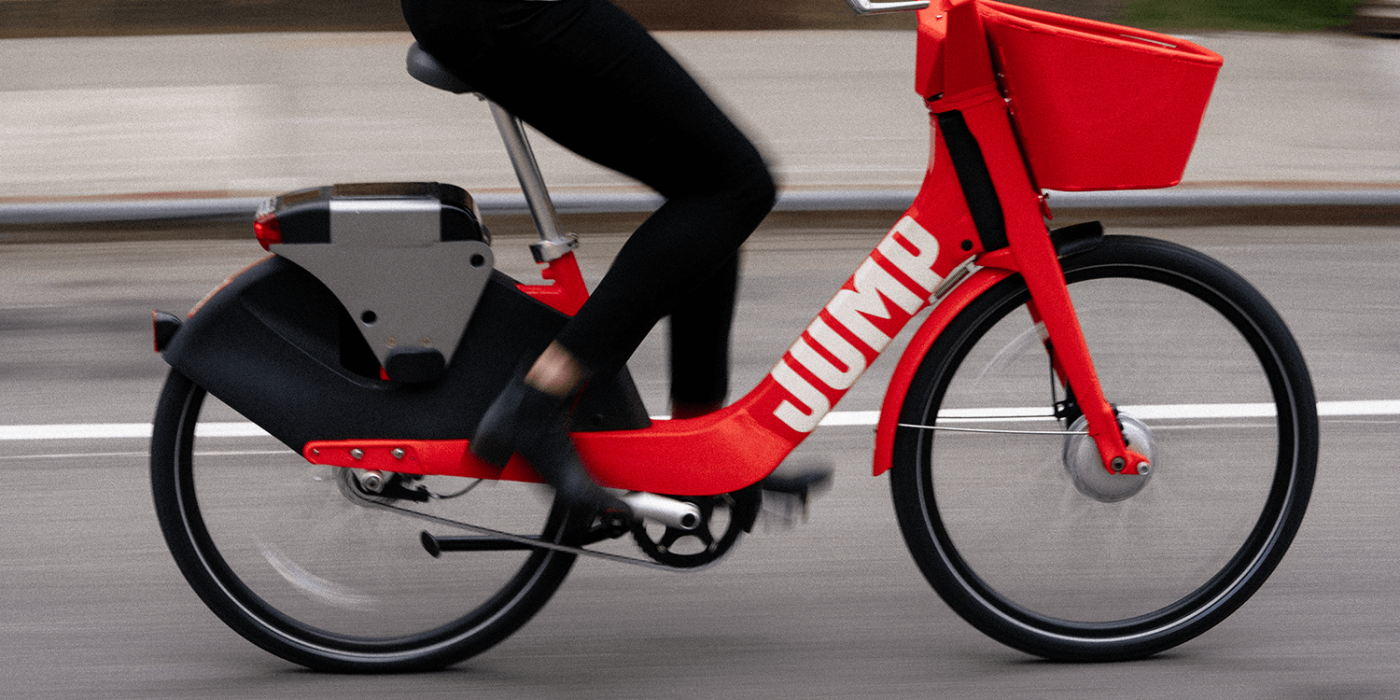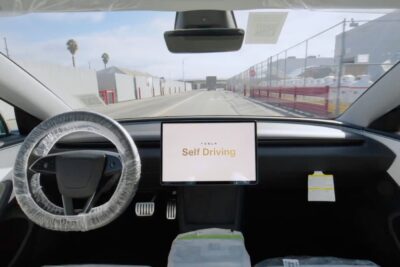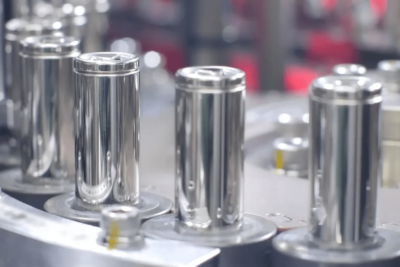USA: E-bikes to be hit with 25% import tariff
The U.S. Trade Representative (USTR) now finalised the list of of Chinese products that will be hit with a 25% tariff. Despite opposition from the industry, e-bikes remain included but there is one more chance to petition.
The final list has come sooner than expected as those processes usually take months. This time round however, the USTR acted quickly, also because they removed no more than 5 product categories from the initial list of 284 products proposed for a 25 percent import tariff hike.
Electric bicycles made in China remained on the list. It is a decision that will drive prices up hundreds of dollars, potentially stifling a strong-going industry.
Following the report in June, both consumers and the electric bicycle industry had opposed the proposal. They submitted hundreds of comments and industry representatives went to a hearing in Washington. The industry argued that the ruling would not protect e-bike makers in America, there are almost none. Instead this would likely even hit companies that assemble their electric bikes in the States but buy most their components in China. Their argument was to no avail.
The USTR claimed it made an “exhaustive investigation that found China’s acts, policies and practices related to technology transfer, intellectual property and innovation are unreasonable and discriminatory and burden U.S. commerce.”
While the Trump administration continues to act aggressively, China has last been forthcoming, when lowering import tariffs for private vehicles from 25 to 15 percent (we reported).
For the (electric) bike industry, only one stage remains. The industry is to petition for exemption from the tariff. Individual companies and trade associations can ask for exemptions until October, 9 this year. PeopleForBikes and the Bicycle Product Suppliers Association will submit an application on the industry’s behalf. You find a link to the petition below.
It is not only the USA that has come down on electric bicycles lately. The EU Commission has been working on a proposal for a mandatory e-bike insurance reportedly. Legislators classify pedelecs according to motor power in Watt and a speed limit of 25 kph. As the latter is not tied to human muscle power necessarily, risks for accidents involving weaker drivers being too fast can rise indeed. The argument of the EC (and insurance industry) then goes, that riders need to pay for this.
However, this risk could be managed if new classification would position electric bicycles as a category of their own. Organisations like ExtraEnergy, have been calling for such change. Their proposal: all e-bikes must be torque sensor controlled so that assistance depends on muscle power. This also includes a change to U.N. classification.
peopleforbikes.org (Petition against tariffs), bicycleretailer.com, ustr.gov, openpetition.de (Petition e-bike classification)





1 Comment